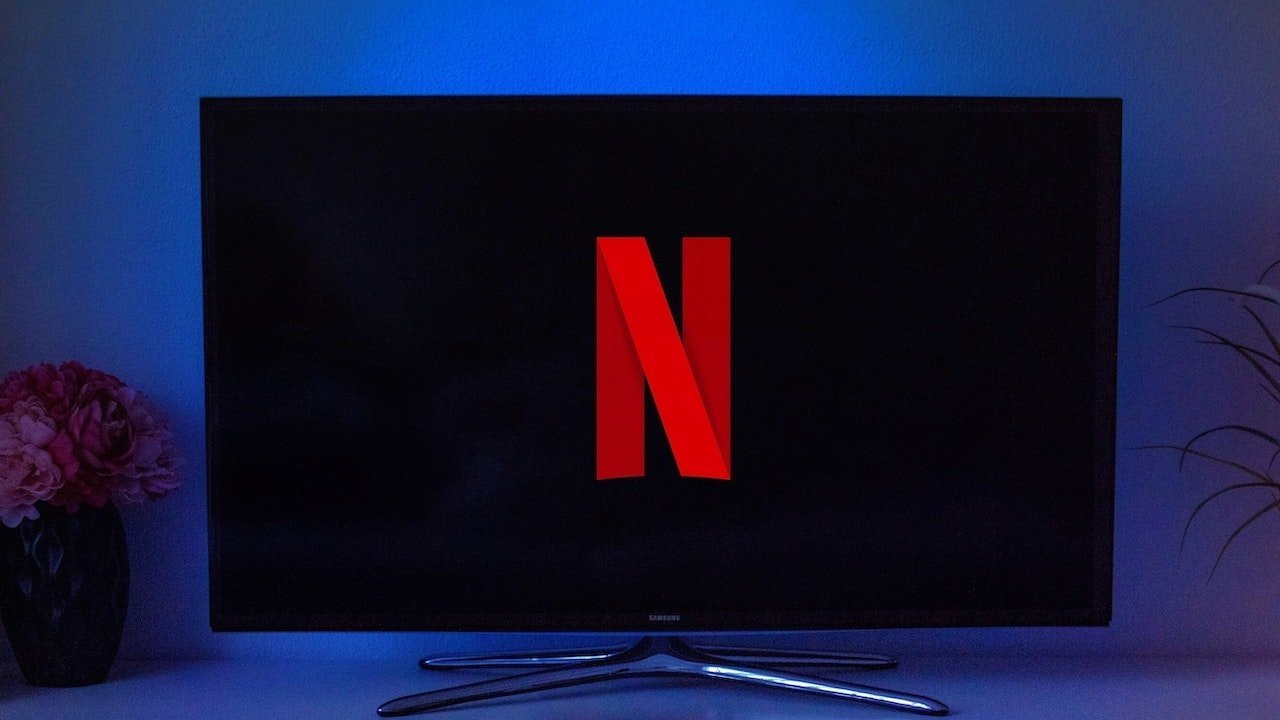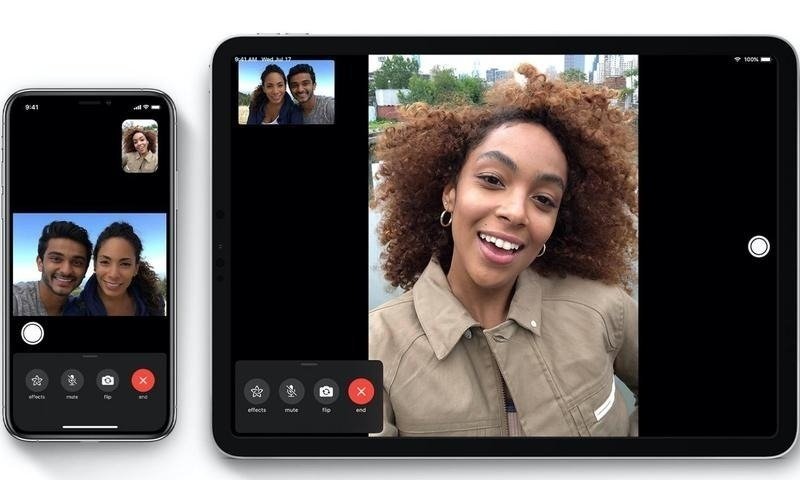One of the best VPNs for Mac will not only protect your data, but it also helps you avoid location-based restrictions. Here’s how you can watch more TV shows and sports events.
The average consumer is pretty well catered to, when it comes to content consumption. With a wide selection of streaming services, broadcasters, and social media outlets at their fingertips, there’s a lot to consume.
However, you can’t always get what you want. Sometimes, the content you want to watch is offered through a streaming service you don’t have any desire in using, or it’s blocked off so it’s only usable in certain countries.
These blocks can be in place for a number of reasons, but a VPN is certainly one of the main ways to solve the problem. Having a VPN for Mac or your other devices can help get around the problems.
Limited Content
A big example of content restriction would be Netflix and how it secures licenses for previously broadcasted shows to be included in its content catalog. Licensing agreements often force services to only offer content in specific regions.
Typical reasons for this include agreements that limit the areas content can be served to in order to save money on the agreement itself. It’s also possible that a content owner has a preexisting agreement with another broadcaster or streamer for a territory that prevents other agreements from using its exclusive content.

Netflix catalogs vary by country, so use a VPN for Mac to see everything – Image Credit: David Balev/Unsplash
For streaming content, this can result in frustration, especially when dealing with shows you would expect to be on one platform, but not on another.
To deal with this problem, services can geoblock content. This uses the location of the user to determine what content on a service is available to them.
Taking the Netflix example, a user of the service in the United States may see a large section of the catalog, but those in France may see a completely different slate.
The UK’s BBC also restricts access to its iPlayer app to the United Kingdom. If you’re outside the UK, you can’t view the same content it provides specifically to UK residents.
Use a VPN for Mac to get around sports location blackouts
Sports fans may also find themselves at the mercy of geoblocking for two pretty big reasons.
The first problem is licensing, as major sporting events often sell licenses and permission to broadcast a match or a contest live, preventing other broadcasters from doing so. This is often observed in the form of events like the Olympics or the World Cup, for example.
This also manifests itself in the form of pay-per-view programming. A high-profile boxing match may be limited only to a specific sports broadcaster or streaming service in a specific country.
There is an obvious vested interest by the broadcaster to keep that content only for paying subscribers in that region.
Bear in mind that same sporting fixture will most likely have different licensors in other countries, with a small chance of it being offered through other broadcasters and streaming services. However, geoblocks will be employed to prevent people from outside those countries from accessing said content.
For consumers, being able to access the event in a different country typically offers two benefits. The obvious one is a potential saving in the pay-per-view cost, as it can vary between countries and broadcasters.
Then there’s the content itself. In some cases, such as soccer, viewing the broadcast from another country can mean listening to a different set of commentators.
This isn’t just for the style of commentary, but also potentially the content of the commentary as well. A US commentator will err towards US participants more than a UK-based commentator, for example.
If you want to hear more viewpoints of other teams or players than those of local commentary teams, you have to go further afield.
On a more local level, there’s the topic of sports blackouts, the practice of preventing the broadcast of an event in a local area. The intention is to try and encourage local fans to go to the nearby stadium and to buy a ticket, instead of staying home and watching for free.
This is a phenomenon that has existed around the world in different forms. In the UK, there’s a rule that prevents the live broadcast of soccer matches playing at 3pm on a Saturday, forcing fans into attending the matches live.
However, these sorts of rules don’t typically apply in other regions of the country, and usually don’t apply at all outside it.
Another way that geological restrictions can get in the way is for social media services. In some cases, content appearing on a social media site may not be available for viewing, such as content licensing restrictions from the original owner.
This is less of an issue in general on social media, but a more pressing one is access altogether. It is not unheard of for a government to block access to a social media service or app.
For the U.S. this became apparent with the whole TikTok ban, under claims it poses a national security risk. While the ban did briefly shut the service down in the United States, it was still fully accessible in other countries.
Oppressive regimes around the world often implement blanket bans on social media during times of unrest. This prevents citizens from communicating with the rest of the world, and often preventing them from being influenced by external views.
Sometimes, apps are blocked completely within a country. For example, the United Arab Emirates has strict regulations over VoIP services. Apps like FaceTime are officially restricted in the country, and aside from the occasional blip, don’t tend to work.
VPN for Mac – how it works
When you come across these issues, the main solution to them is to use a VPN.
The way a VPN functions means that you connect via a local server in your home country, with your Internet traffic piped through a tunnel to another VPN server in your target country. At this point, your Internet traffic carries on through the Internet to its destination server.
Since the web traffic is seemingly originating from the VPN server in your target country, it means that the traffic matches that of other local internet usage. This means the traffic shouldn’t be affected by any geoblocking that would normally block it.
Streaming services should see you’re “located” in a specific country, and so will open up its regional content catalogs to you. Sports broadcasters and streamers in the country will be more likely to stream events to you through the connection, again because you’re now a “local” connection to them.
Likewise, international social media restrictions will be limited in their effect.
This is a move that isn’t just limited to streaming services, but it is one of the bigger benefits. For example, using a VPN on your iPhone or Mac can help with getting better travel deals or other purchases.
While this is relatively straightforward, it is worth remembering that the streaming services and other companies will be very familiar with the existence of VPNs. Depending on the company, they may have technologies in place that can still block you from using the service, because it detects you’re using a VPN.
It is also possible that streaming services may pick up on other things than just your IP. For example, using an account registered to the U.S. version of the service may result in being offered the US catalog, despite using the VPN.
Other things like an address on an account or country-specific payment details could also be considered proof of where you’re really located. Using an account registered as if it’s from the target country wouldn’t be a bad idea, and disguising the payment method where possible wouldn’t be a bad idea either.
The bottom line is that a VPN can certainly help you watch TV shows and sporting events that you otherwise wouldn’t be able to, with some geological skullduggery. It may not work perfectly, but it’s going to be one of the better ways of solving the content problem. If you haven’t signed up for a VPN service and wish to do so, there are VPN deals in effect this week offering up to 86% off.






